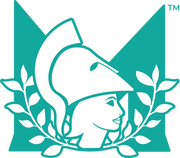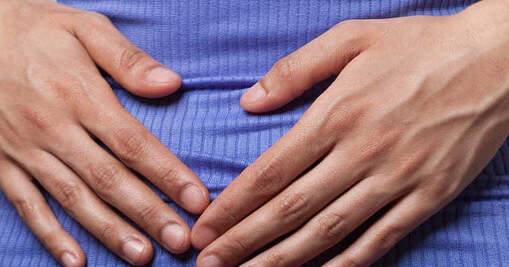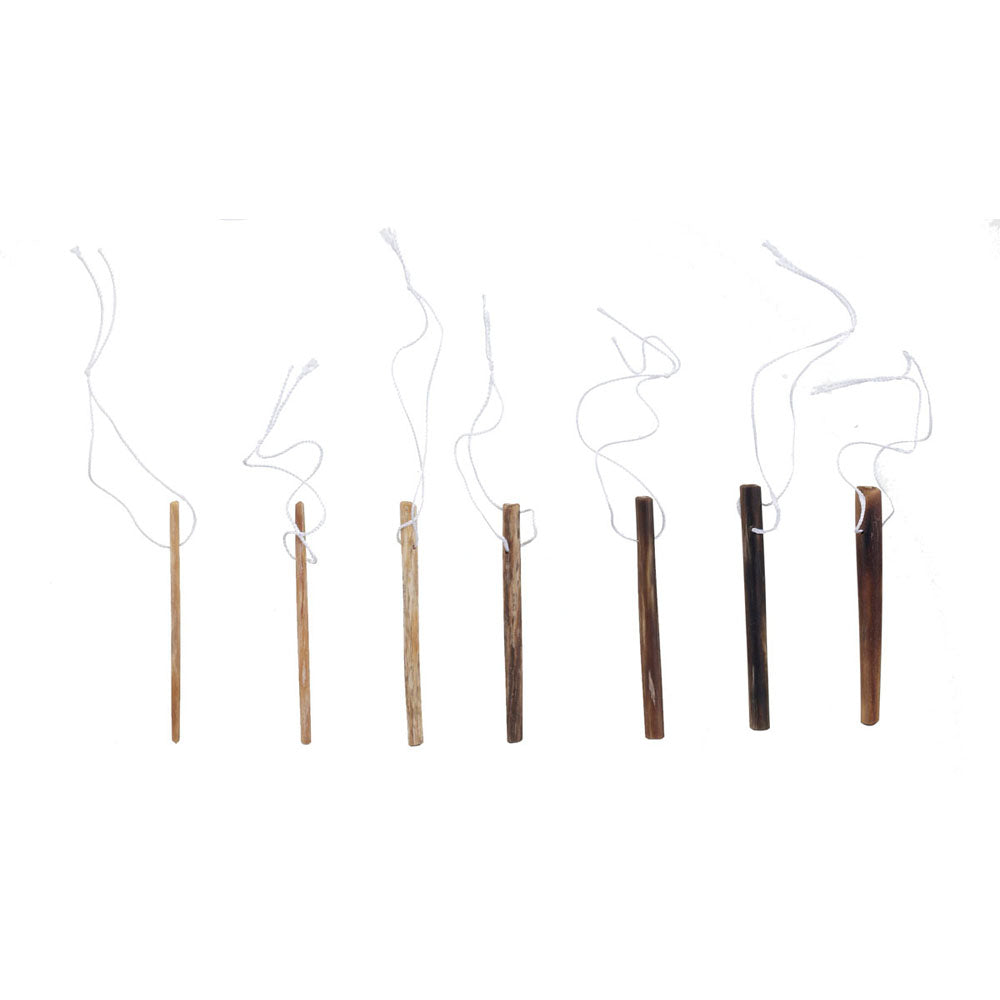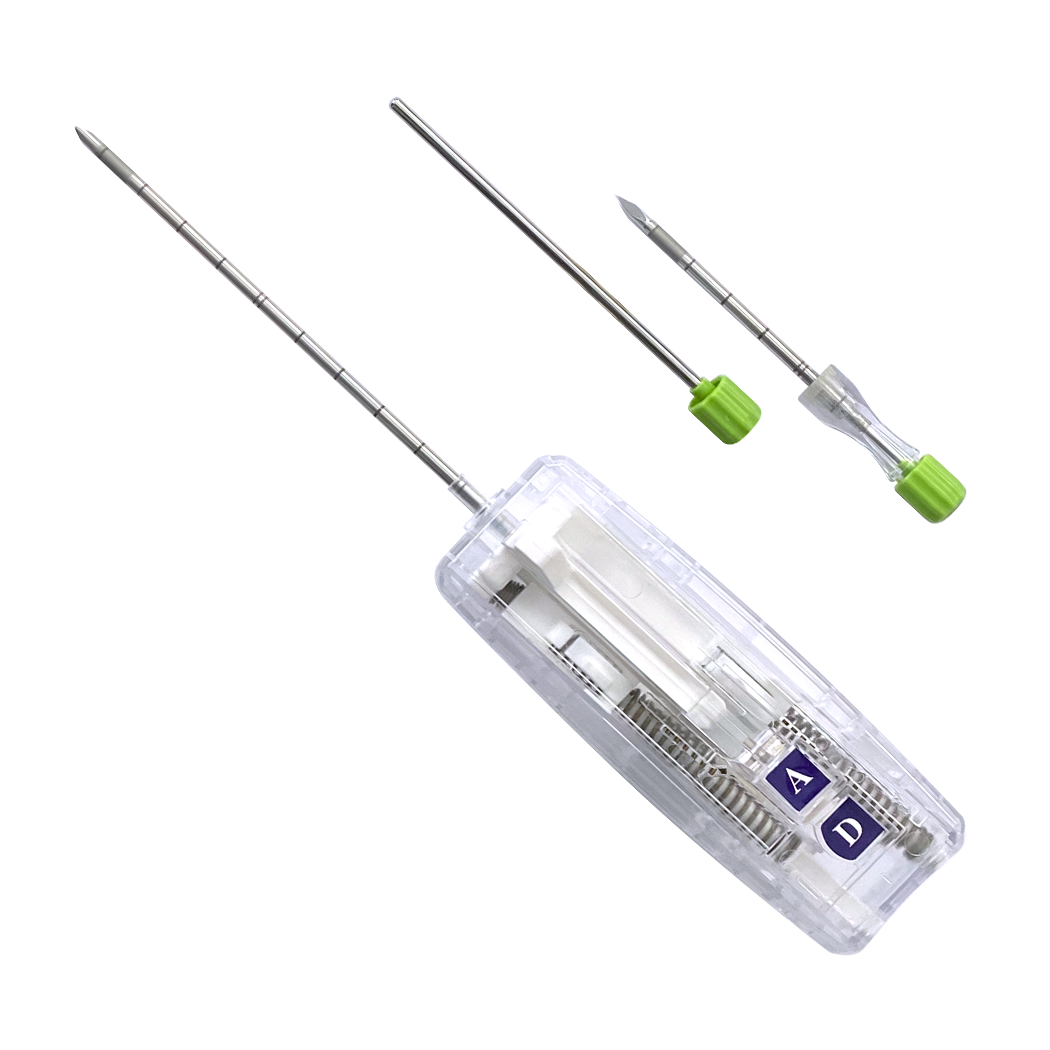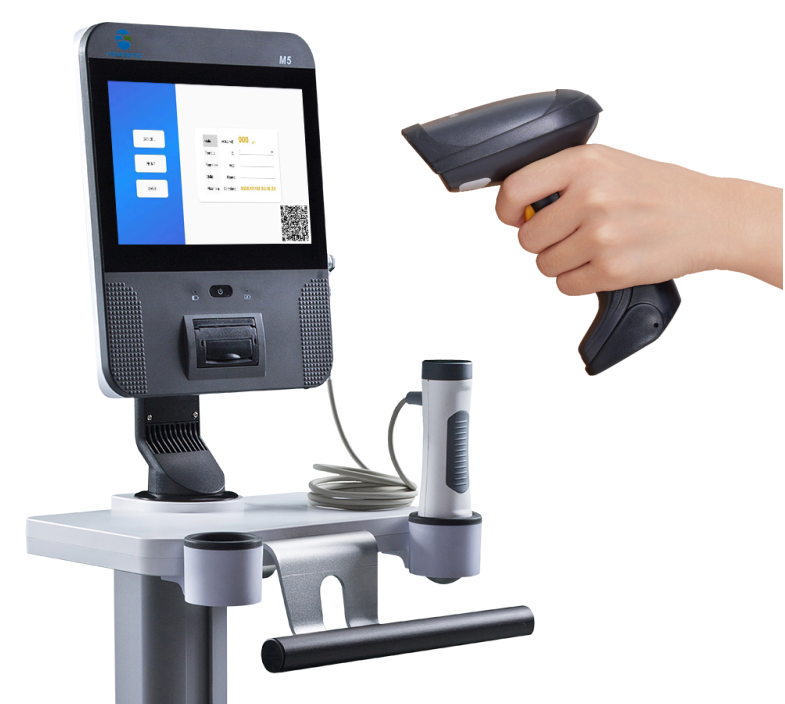Management of lower urinary tract foreign bodies typically involves medical intervention or, in more severe cases, surgical removal. It's important to note that the presence of foreign bodies in the lower urinary tract can lead to complications such as infection, obstruction, and tissue damage. Here are general steps in the management:
Assessment and Diagnosis:
- A thorough clinical examination and medical history are essential.
- Imaging studies like X-rays, ultrasound, or CT scans may be used to locate and assess the foreign body.
Medical Management:
- In some cases, smaller and less problematic foreign bodies may be managed medically.
- Medications may be prescribed to alleviate pain, reduce inflammation, or prevent infection.
Endoscopic Removal:
- Endoscopy is a common method for removing foreign bodies from the lower urinary tract.
- Cystoscopy, using a thin tube with a camera (cystoscope), allows the urologist to visualize and remove the foreign body.
Surgical Intervention:
- Larger or complex foreign bodies may require surgical removal.
- Open surgery or minimally invasive procedures may be employed, depending on the nature and location of the foreign body.
Complications Management:
- Complications such as infections or injuries to the urinary tract are treated with appropriate medications or interventions.
Follow-up Care:
- Patients are monitored closely post-treatment to ensure complete resolution and to address any potential complications.
It is crucial to seek prompt medical attention when a foreign body is suspected in the lower urinary tract. Attempting self-removal can lead to further complications and is not recommended. The specific approach to management may vary based on the type of foreign body, its location, and the individual patient's health condition. A urologist is typically involved in the diagnosis and management of lower urinary tract foreign bodies.
Minerva Health Solutions offers a range of instruments for cystoscopy, including cystoscopes, flexible forceps, and other urology endoscopy instruments.
Please visit the website for more information https://minervahealthinc.com/pages/urological
